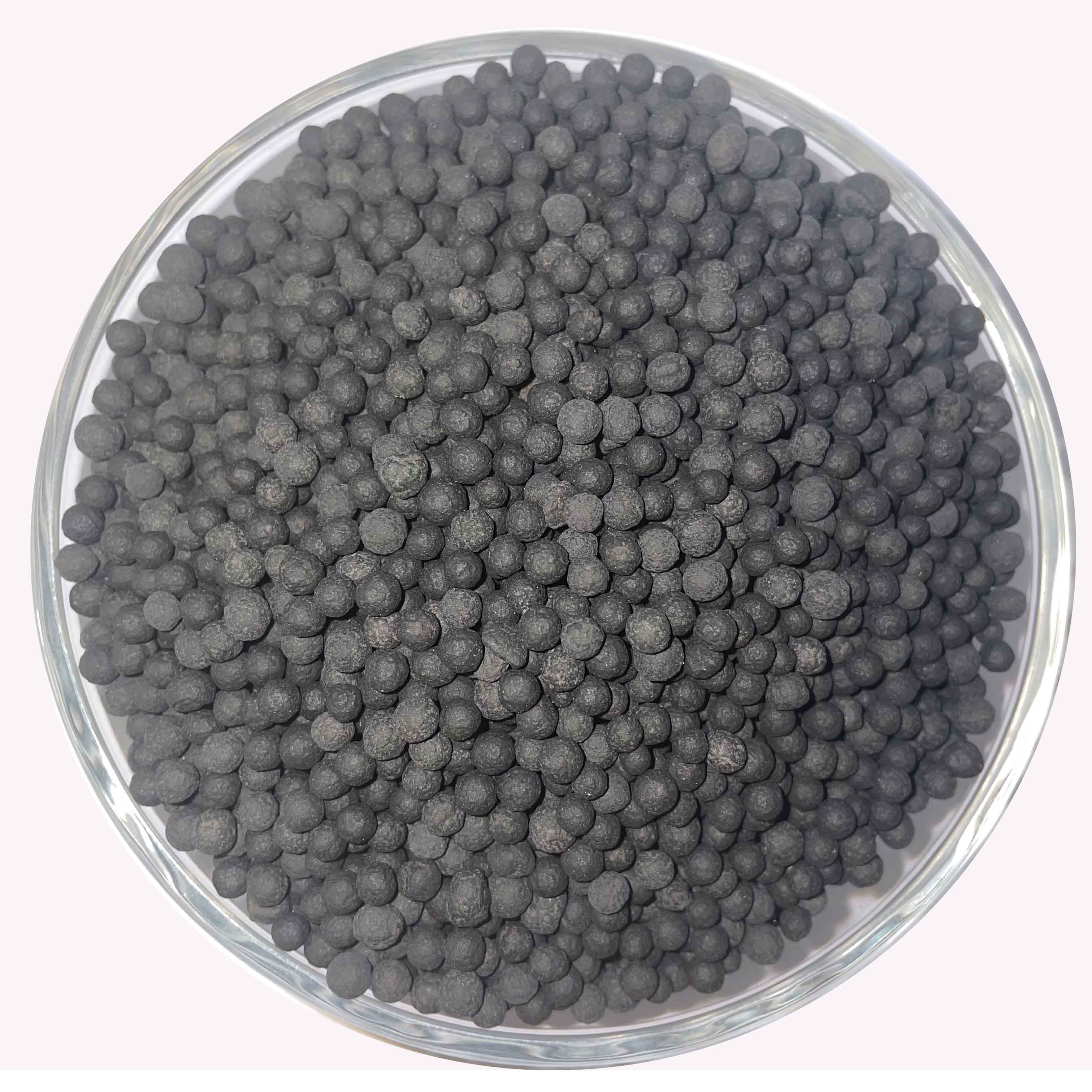
Nov . 08, 2024 11:06 Back to list
Top Manufacturers of Organic Slow Release Fertilizers for Sustainable Gardening Solutions
The Rise of Organic Slow Release Fertilizer Manufacturers Sustainable Solutions for Modern Agriculture
In recent years, the agricultural sector has faced increasing pressure to adopt sustainable practices due to the environmental degradation caused by conventional farming methods. One innovative solution that has emerged is organic slow release fertilizers. These fertilizers not only enhance crop yield but also promote soil health and reduce environmental impact. As a result, the market for organic slow release fertilizer manufacturers has seen significant growth, reflecting a broader shift towards sustainable agriculture.
Understanding Organic Slow Release Fertilizers
Organic slow release fertilizers are formulated to provide nutrients to plants at a gradual pace, minimizing nutrient leaching and maximizing efficacy. Unlike traditional fertilizers, which often deliver a rapid burst of nutrients, slow release fertilizers release nutrients over an extended period, matching the nutrient uptake of plants. This continuous supply helps reduce the frequency of application, benefiting both farmers and the environment.
These fertilizers are typically derived from natural sources, such as compost, animal manure, and plant residues. They often contain essential macro and micronutrients, including nitrogen, phosphorus, potassium, as well as trace elements necessary for plant growth. By utilizing organic materials, these fertilizers contribute to enhancing the overall ecosystem of the soil, improving its structure, water retention, and microbial activity.
Benefits of Organic Slow Release Fertilizers
1. Environmental Impact Organic slow release fertilizers are typically less harmful to the environment compared to their synthetic counterparts. They release nutrients slowly, which minimizes the risk of nutrient runoff into water bodies—a common problem associated with traditional fertilizers that can lead to algal blooms and water pollution.
2. Soil Health The use of organic ingredients helps enrich the soil biome, encouraging beneficial microorganisms. Healthy soil is fundamental to sustainable agricultural practices, promoting better plant growth and resilience against pests and diseases.
3. Cost-Effectiveness Although the initial cost of organic slow release fertilizers may be higher than conventional options, their long-lasting nature often results in reduced overall fertilizer costs over time. Farmers can save on labor and application costs due to fewer applications required.
organic slow release fertilizer manufacturers

4. Flavor and Quality of Produce Many growers report that using organic fertilizers enhances the flavor and nutritional quality of their crops. This is increasingly important for consumers who are conscious about food quality and safety.
The Growth of Organic Slow Release Fertilizer Manufacturers
The rising awareness of environmental issues and the demand for organic produce have propelled the growth of manufacturers specializing in organic slow release fertilizers. These manufacturers are investing in research and development to innovate and improve their products, harnessing technology to create advanced formulations that meet the needs of modern agriculture.
Additionally, the global shift towards organic farming has opened up market opportunities. Many governments and regulatory bodies are offering incentives and support for sustainable farming practices, encouraging farmers to transition to organic methods. This creates a promising landscape for organic fertilizer manufacturers.
Challenges and Future Outlook
Despite the growth in this sector, organic slow release fertilizer manufacturers face several challenges. The production process can be more labor-intensive and costlier compared to synthetic fertilizers. Furthermore, there is often a lack of awareness and understanding among farmers regarding the benefits of organic options.
However, the future looks bright for organic slow release fertilizers. As consumer demand for sustainably produced food increases, and as agricultural practices evolve, manufacturers are likely to expand their market reach. Collaborations between manufacturers and agricultural institutions to educate farmers about sustainable practices will also play a crucial role in this transition.
Conclusion
The rise of organic slow release fertilizer manufacturers signifies a meaningful shift towards sustainable agriculture. These fertilizers not only provide environmental benefits but also enhance soil health and improve crop quality, making them an attractive option for modern farmers. As awareness and demand for organic products continue to grow, the market for these innovative fertilizers promises to flourish, paving the way for a more sustainable agricultural future. Embracing these sustainable solutions is not only beneficial for farmers and consumers but is also a vital step towards preserving our planet for future generations.
-
Premium Granular Ammonium Sulphate: 21% N & 24% S Fertilizer
NewsJul.20,2025
-
Best 15-30-15 Granular Fertilizer for Boosting Flowering & Growth
NewsJul.20,2025
-
High-Quality NPK Fertilizer Raw Material Manufacturer & Supplier Trusted Factory Exporter
NewsJul.08,2025
-
Organic 20-20-20 Plant Fertilizer Supplier Premium Organic Fertilizer Manufacturer
NewsJul.08,2025
-
Ammonium Sulfate Fertilizer Market - Leading Manufacturer, Supplier & Factory Solutions
NewsJul.08,2025
-
Premium Water Soluble Fertilizer 20-20-20 Reliable Manufacturer & Competitive Prices
NewsJul.07,2025
